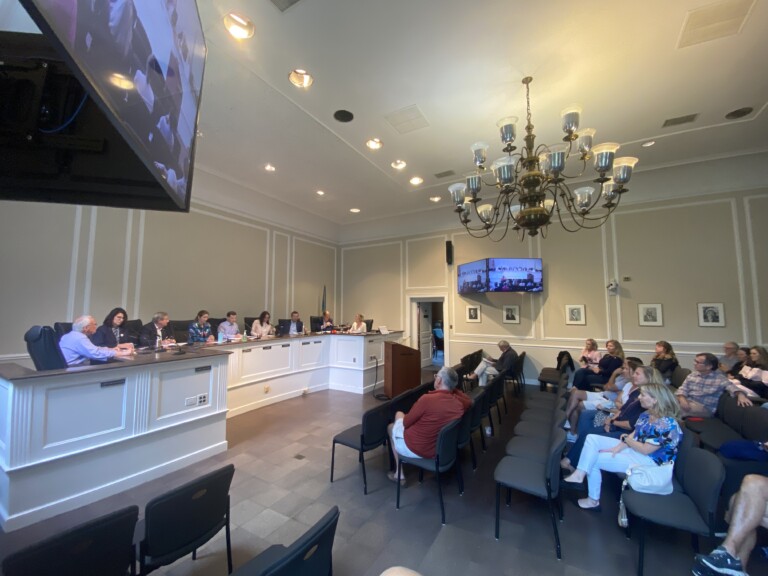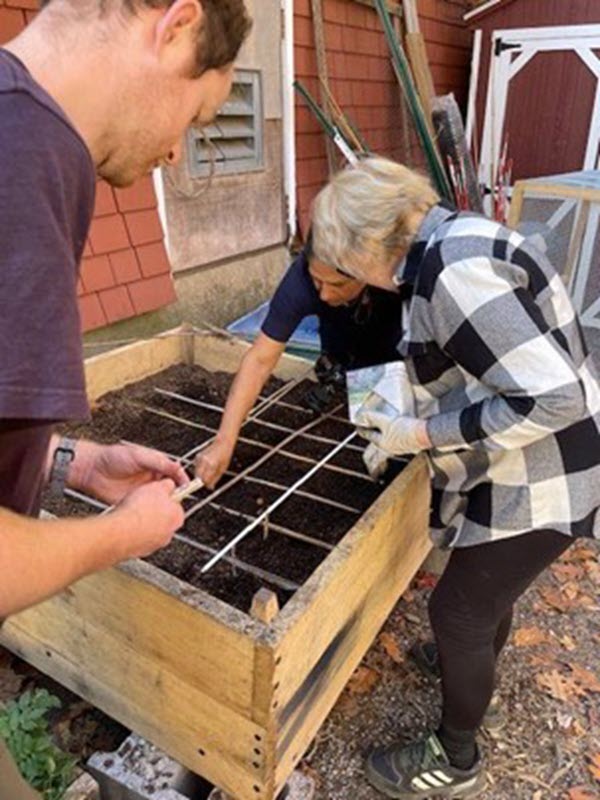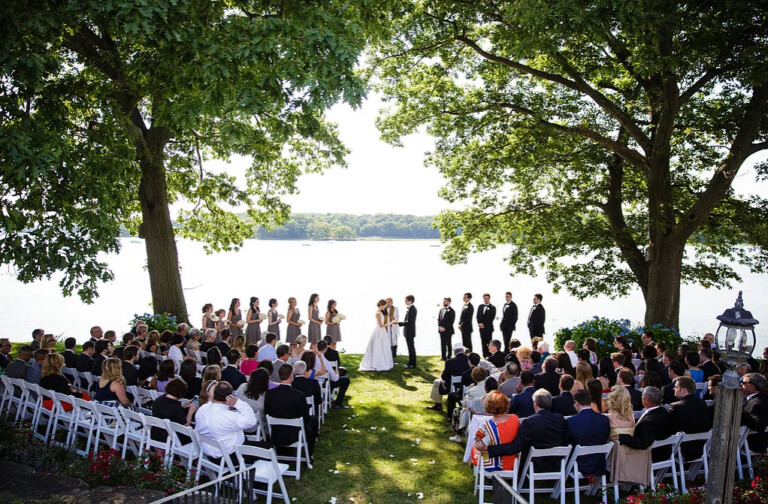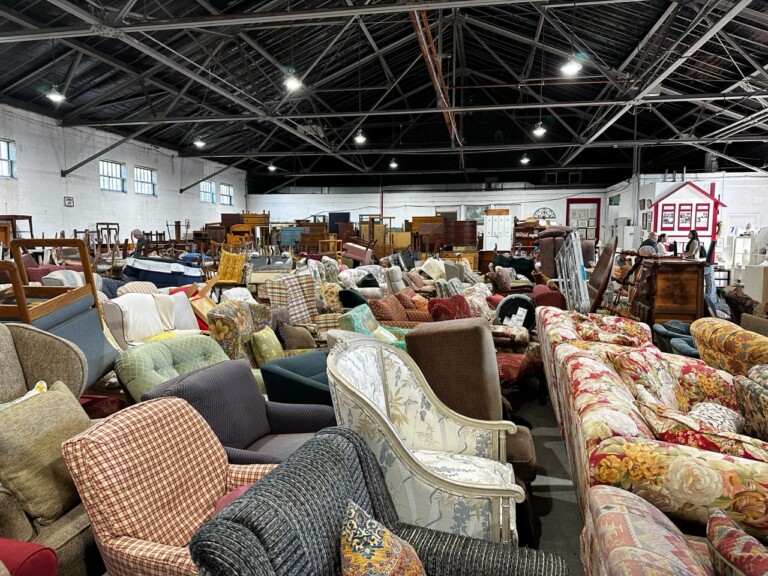Second Lawsuit Filed by Neighbors Against Wainwright House
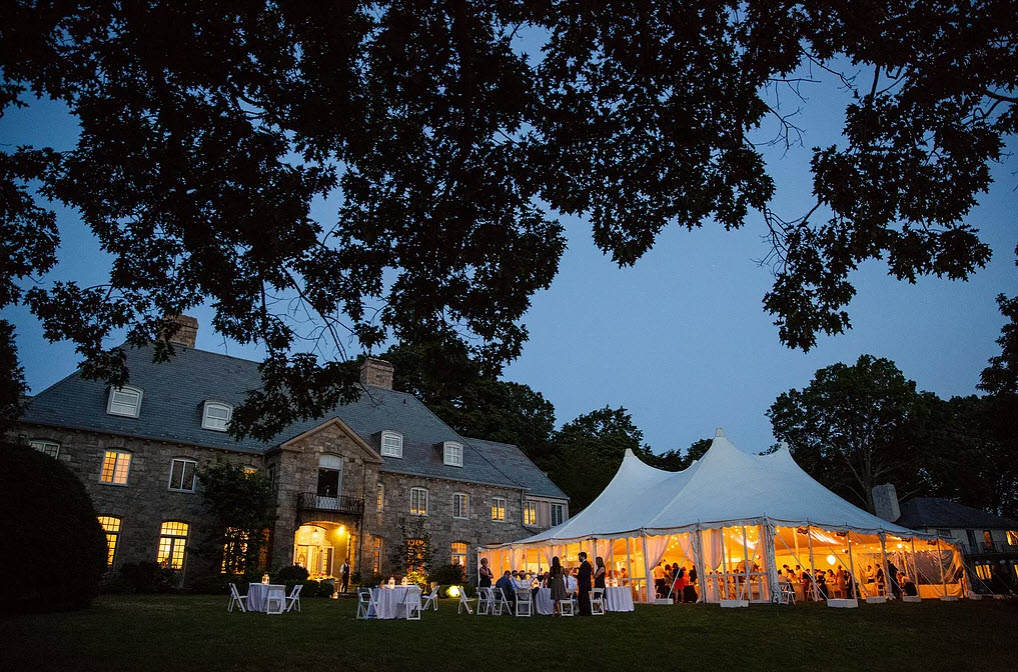
As expected, five Milton Point neighbors of the non-profit Wainwright House filed a second suit trying to stop outdoor events on Wainwright’s five acre property. The suit is in addition to the first lawsuit that was filed in Westchester Supreme Court on December 21st against the City of Rye Planning Commission, naming Wainwright as a respondent.
Filed in State Supreme Court, the new suit – dated Monday, January 24th and served on Wainwright Wednesday evening – claims deed covenants dating back to the 1800s prevent alcohol sales on the property. According to the neighbors’ legal complaint, the property’s deed prohibits the Wainwright from using or allowing “any building on the premises to let or lease the same to be used for the purpose of selling intoxicating liquors.”
The attorney for the Wainwright neighbors, Joe Eriole of Veneziano & Associates, said the non-profit was told last Spring about “specific, unambiguous deed-related restrictions preventing the sale of alcohol” but “still continues to seek permits from the City for wedding receptions and large, commercially-catered events where alcohol is sold on the property.”
The board of Wainwright is in the process of identifying pro bono legal counsel for its defense. Contacted Thursday, board members say the neighbors may have done a poor job researching their history.
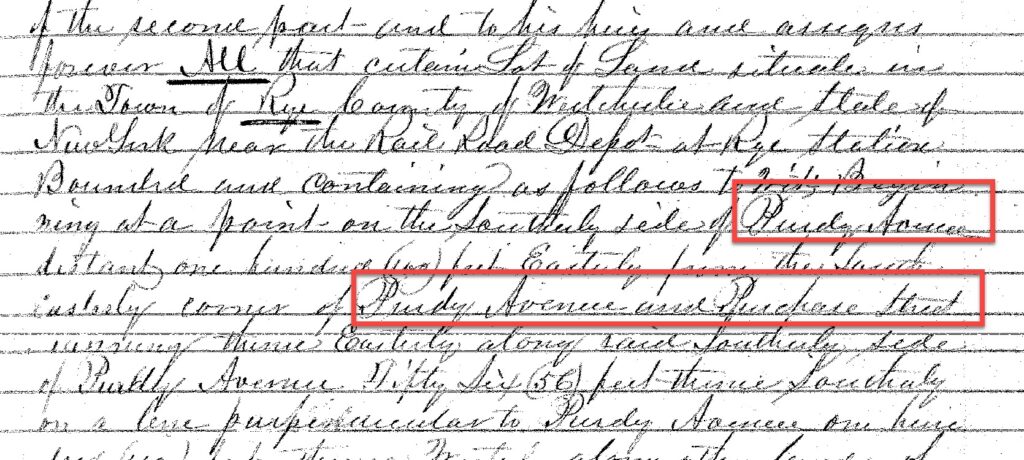
“The (1870) deed that is attached that they’re talking about isn’t the deed for our property,” said Wainwright Board President Bob Manheimer. “It appears to be a deed for property in the location of Purchase Street and Purdy Street in downtown. It has nothing to do with our site on Stuyvesant Avenue.” Manheimer says the confusion on the part of the neighbors may be related to a 1983 transfer document that seems to have the aforementioned 1870 deed attached to it.
“The other thing that is ironic is the reason that there used-to-be covenants like this was because it predates modern zoning law,” added Wainwright Board Member Lexy Tomaino. “Modern zoning law came into formation in the 1940s, and so what’s so funny is this is exactly why we have a planning commission that reviews things so that you don’t have all these encumbrances to the land that are difficult and varied.”
Additional reading:
Complaint for Declaratory Judgement and Injunctive Relief Against Wainwright House dated January 24, 2022 – with all exhibits (aka lawsuit #2).

